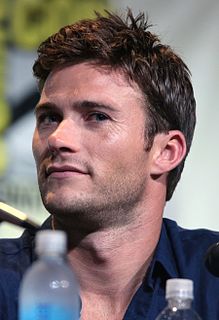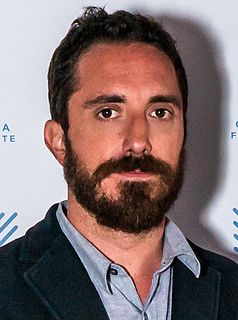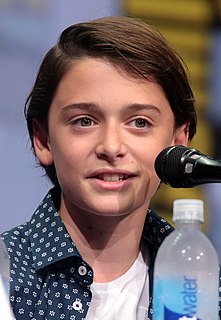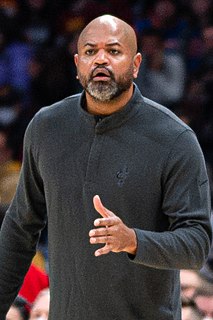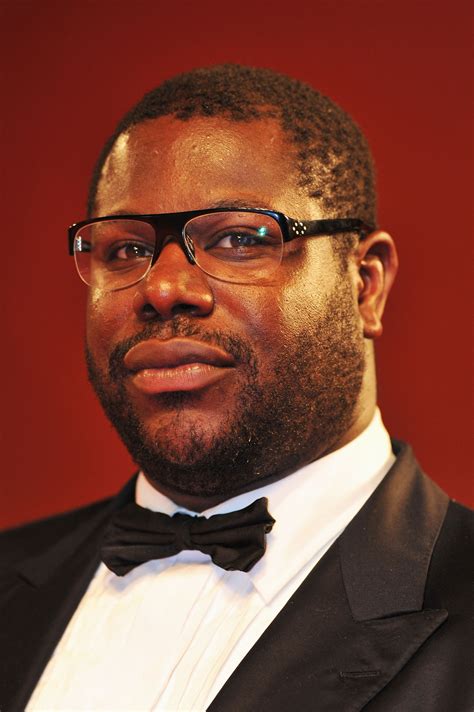A Quote by Scott Eastwood
What people don't understand about making a film is sometimes your experience on the film shapes who you are. You're gone to another country for five months, maybe more, there's training leading up to it... It's a whole life experience that people don't see because they just see the final product wrapped up in a couple hours. You don't see everything that happens around it. I think it's hard to say one movie or one thing; I think they all shape who you are.
Quote Topics
Related Quotes
The essence of the cinema that I'm interested in is a combination of love, rage, and curiosity. Sometimes it's hard to see those intentions, or maybe it's hard to portray them on film in a way that doesn't sound too preachy or irrelevant. So instead of saying it out loud, you say it multiple times in the movie by hiding it. You get a sensation after you see the whole film throughout yourself.
You know, in an ideal world, people would just be intrigued and go and see a film without knowing anything about it, because that's where you're going to have the most experience of a film, the biggest, the most revelation of a film. But at the same time, I think there are benefits of having seen a trailer where you actually look forward to seeing moments in a film knowing that they're coming up. I don't know which is better.
It's a passion when you're doing it for other people and you're doing it for the people around you making the film and the people who are going to see the film, and the giving. When you start thinking about you doing it for some sort of self-gain, then I think it becomes an obsession. It becomes a negative experience.
It's not just women in film, 18-year-old girls feel pressure to do preventative injecting. I see someone's face, someone's body who has had children and I think, they're the song lines of your experience, and why would you want to eradicate that? I look at people sort of entombing themselves and all you see is their little pin holes of terror... and you think, just live your life, death is not going to be any easier just because your face can't move.
If you make a film, that magic is not there, because you were there while shooting it. After writing a film and shooting it and being in the editing room every day, you can never see it clearly. I think other people's perception of your film is more valid than your own, because they have that ability to see it for the first time.
As a coach, the more experience you have, the more you're around players, it helps so you see how guys learn, ways that are effective to reach different people. You see the aftermath of all the things that happened; you don't just see what happens at the game, you see what happens after the game, the followthrough, and those types of things.
The movies have been so rank the last couple of years that when I see people lining up to buy tickets I sometimes think that the movies aren't drawing an audience - they're inheriting an audience. People just want to go to a movie. They're stung repeatedly, yet their desire for a good movie - for any movie - is so strong that all over the country they keep lining up.
I think the biggest challenge was being aware of a certain audience that was going to see this film [lone survivor]. There's a big difference from a typical movie, journalists and critics and film goers that go see it find that, that's the general experience you have as a filmmaker. So that just kind of proves my point that there's a really different audience.
What will always be possible is for someone to walk into a dark room and experience a film and connect to it. And that's why I make my films - for people to go and have that experience. That's really the whole dream for me, so that hasn't gone anywhere. What has gone somewhere is making the numbers add up on each side of it. And who knows? I've had all kinds of freak-outs. I got married recently, and my wife listened to me go off the other day on this fear that maybe our culture has just moved beyond art entirely. Maybe we don't need it anymore.
Those people that don't see the power in art maybe have never been a part of an art, in a real way. To experience it, and to see and witness how it affects people, we're not doing it just to create professionals. It's to add another dimension to the way that children think and the way they experience certain things. If you didn't have dance, music and singing, it just seems so odd to me.
Maybe I was always more than one person, or even two. Maybe being on TV was just my job. People find it hard to get their heads around that. A couple of times I have shone a light on the other sides of my life, but I have learned to be cautious about that. Because people are only comfortable with the Noel Edmonds they see on television.
